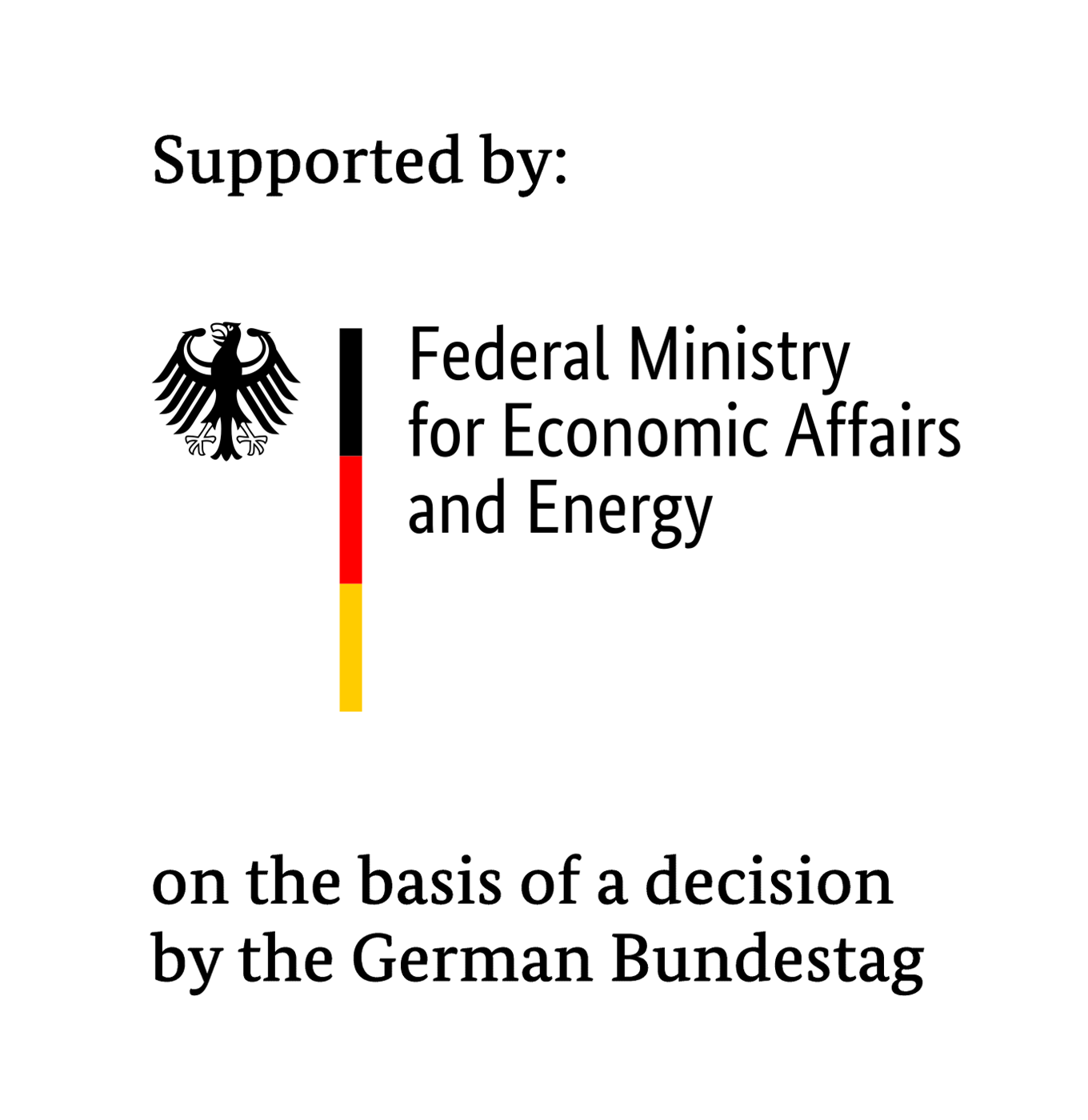Data ecosystem energy data-X is funded by the German government
- To achieve the German and European energy and climate protection targets, sectors such as electricity, transport and thermal energy are being digitally networked in a sovereign manner
- The energy data-X consortium is testing and building a data ecosystem for the energy industry based on Gaia-X
- The data ecosystem enables the improved integration of renewable energy systems and the development of innovative digital business models for all market participants
Bayreuth, 4 October 2023. The Federal Ministry for Economic Affairs and Climate Protection (BMWK) is funding the energy data-X consortium to develop and test a data ecosystem. The aim of the consortium is to build a future-proof, secure and sovereign system for the use of data in the energy industry. This data ecosystem is intended to lay the foundations for innovative business models that can be applied across various value chains and sectors. The energy data-X consortium currently consists of 14 partners from the energy industry, information and communication technology, science and standardisation. The project makes a significant contribution to the implementation of national and European energy and climate protection policy.
“For the energy transition and sector coupling, we not only need to expand the infrastructure, but also create data ecosystems with which we can exchange digital information across sectors. Digitalisation is a prerequisite for the optimal integration of decentralised plants into our energy system and to be able to continue to operate our electricity grids safely and efficiently,” says Tim Meyerjürgens, Managing Director of TenneT.
To set up and test the data ecosystem, energy data-X is drawing on the open source and governance logic of the EU Gaia-X initiative. energy data-X has a project duration of three years and is funded by the Federal Ministry of Economics and Climate Protection (BMWK) as part of the German government’s 7th Energy Research Programme.
Sustainable and sovereign data exchange
Data ecosystems are anchored in the EU digital strategy as a fundamental prerequisite for the implementation of the European Green Deal and a European internal energy market. This is why energy data-X is aimed at all market players in the energy industry. A data ecosystem enables the development of data-driven innovations in the energy sector. Cross-sector networking with other data spaces is ensured by the interaction of the various systems (interoperability). One example of this networking is the link with Catena-X, the BMWK-funded data ecosystem for the automotive sector.
The Gaia-X initiative forms an essential basis; centralised data storage is not required in this data ecosystem, as the data remains with the data owners. services that the data ecosystem makes possible are federated (decentralised) and are provided jointly by many players. An identity and trust procedure ensures that the players involved in the data ecosystem are known and trustworthy.
The data ecosystem is accessed via a connector (software). This uses protected data connections (VPN) to ensure that only the data actually agreed is exchanged between the parties involved. This ensures the data sovereignty of the partners.
Two use cases demonstrate the potential added value of the data ecosystem
The energy data-X consortium will demonstrate the function of the data ecosystem in two future-oriented use cases. The integration of smart meter gateways (SMGW), which transfer data from renewable energy systems and consumers to the data ecosystem, enables the first use case to optimise grid operation. Deviations between the planned and actual feed-ins and withdrawals in a balancing group are recognised in near real time and enable the responsible balancing group manager to initiate the necessary balancing measures (clearing) immediately. This reduces the cost-intensive use of balancing energy. In the current clearing process, a deviation can only be allocated to the players weeks later.
The second use case enables balancing between suppliers and consumers by tapping into decentralised sources of flexibility. As large conventional power plants are replaced by decentralised renewable energy plants with weather-dependent power generation, the development of flexible feeders and consumers is becoming increasingly important for secure grid operation. The integration of small-scale, decentrally distributed systems such as charging stations, battery storage systems for electric vehicles and heat pumps into the data ecosystem opens up their flexibility potential for stabilising the energy system.
14 interdisciplinary “energy data-X” partners
The consortium partners are the transmission system operators TenneT (as consortium leader) and Amprion. Two information and PPC und Spherity zwei Informations- und Kommunikationsunternehmen vertreten. Alle Aspekte der Standardisierung wird DKE (VDE) adressieren und die Fraunhofer-Institute IEE und IOSB/AST bringen den aktuellen Stand der Wissenschaft ein.
Als assoziierte Partner sind die Übertragungsnetzbetreiber 50Hertz und TransnetBW sowie die Verteilnetzbetreiber E.ON und EWE NETZ vertreten. Ergänzend wird die ARGE Netz die Bereit-stellung von Anlagendaten für die Erprobung von Anwendungsfällen ermöglichen. Eviden Germany und Microsoft bringen ihre Kompetenzen im Bereich der IT-Architektur und Software-Entwicklung in das Projekt ein. Die International Data Spaces Association verantwortet die systematische Vernetzung mit weiteren internationalen Datenökosystemprojekten, dazu zählen insbesondere auch die BMWK-Leuchtturmprojekte Catena-X und Manufacturing-X.
Pressekontakt:
TenneT: Ina-Isabelle Haffke, ina-isabelle.haffke@tennet.eu, +49 151 42246910

